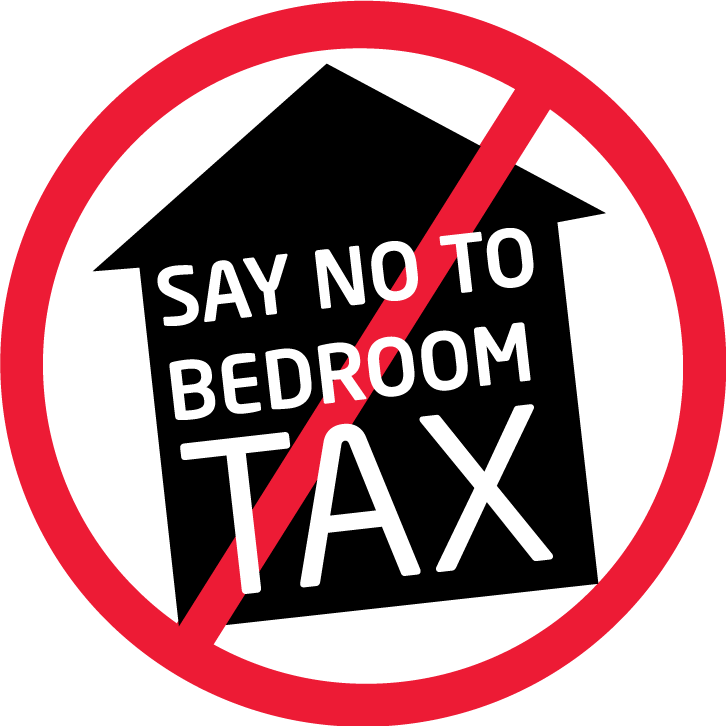
A UN human rights expert has called on the government to assess the impact of its welfare reforms on the right to adequate housing of disabled people and other marginalised groups.
Raquel Rolnik, the UN special rapporteur on housing, has used her controversial report to the UN Human Rights Council – on housing in the UK – to repeat a call for the coalition to suspend “immediately” the so-called bedroom tax.
She said this was due to evidence she has gathered on the impact of the bedroom tax – which the government calls the removal of the spare room subsidy – on many “vulnerable individuals and households”, including disabled people.
She also says in her report that testimony she heard from many disabled people during her evidence-gathering trip to Britain last August and September showed a threat to their “hard-won right to live independently”.
Her report says that the combination of an “acute shortage of adapted and affordable accommodation” and changes to the welfare system have left many disabled people “between a rock and a hard place”, forced either to move to a smaller home or face rent arrears and eviction.
She says that many testimonies from disabled people “refer to anxiety, stress and suicidal thoughts” as a result of the reforms.
Rolnik says the government should consider whether some of the welfare reforms it has introduced since 2010 are having a “disproportionate impact on specific groups”, including disabled people.
And she says she regrets that some policies that had gradually improved the right to adequate housing in the UK under previous governments are now being “eroded”, and that the housing sector has “changed to the detriment of the most vulnerable”.
She also writes of her “concern that recent measures are contributing also to an increased vulnerability of those who, until a few years ago, were protected”, including disabled people.
She concludes that it is “clear that social and affordable housing is especially scarce, waiting lists for social rental housing have grown, homelessness rates have increased, and the private rented sector has expanded to become the only option for many despite its insecure tenure”.
The aim of Rolnik’s visit to the UK was to examine how the country was providing a right to adequate housing.
Her report is due to be presented to the UN Human Rights Council in Geneva on 10 March, at a session which will be attended by the UK government, which will be able to respond.
Debbie Jolly, a co-founder of Disabled People Against Cuts, said Rolnik had “clearly identified the senseless devastation of the punitive bedroom tax and other combined cuts on disabled people”.
And she said Rolnik’s report also referred to the “overall retrogressive impact on independent living” of the government’s welfare reforms, which breaches article 19 of the UN Convention on the Rights of Persons with Disabilities.
Jolly said the coalition’s decision to rewrite the law on those who should have been exempt from the bedroom tax, if continuously in social housing since before 1996 – who the government has admitted should not have been subject to the policy, due to a mistake in drafting the legislation – showed a government “intent on continuing to violate human rights in any way they please”.

More Stories
Covid19 is here forever – unless we mend our selfish ways
A Corona credit crunch looms – get your cash out now?
Euphemisms of the Apocalypse #4 Green Growth